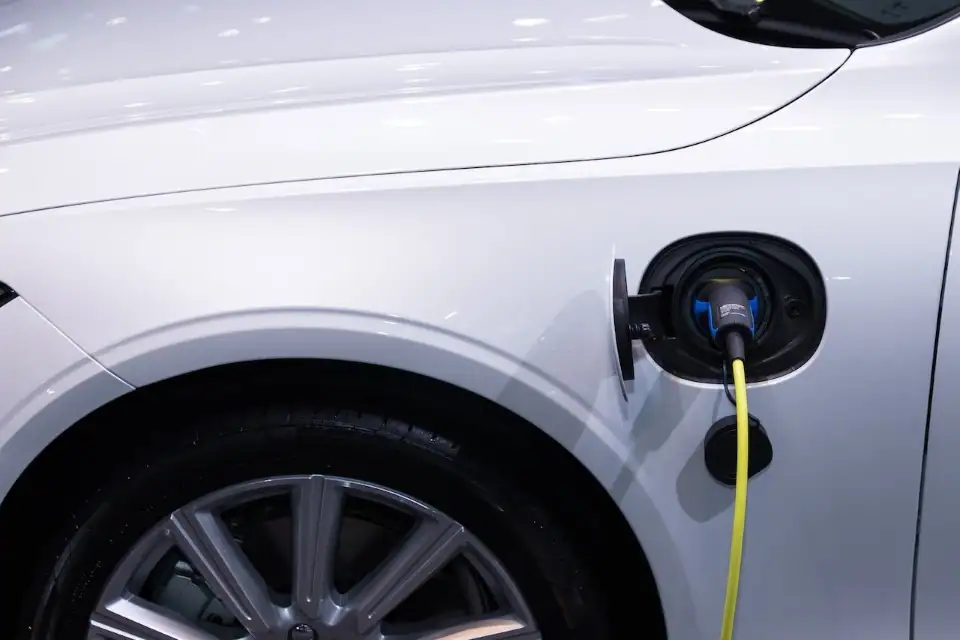
Exploring the 2023 Federal Tax Credit for Electric Vehicles
August 17, 2023In recent years, there has been a growing interest in electric vehicles (EVs) due to their environmental benefits and advancements in technology. The federal government has also been encouraging the adoption of EVs through various incentives, including the 2023 Federal Tax Credit for Electric Vehicles. This article aims to provide a comprehensive overview of this tax credit and how it works.
What is the 2023 Federal Tax Credit for Electric Vehicles?
The 2023 Federal Tax Credit for Electric Vehicles is a financial incentive provided by the government to promote the purchase of EVs. It allows eligible EV owners to reduce their tax liability by a certain amount, effectively lowering the overall cost of the vehicle.
How does the tax credit work?
The tax credit is applied to individuals’ federal income tax bill and can help to offset the amount owed. For example, if you owe $10,000 in federal taxes and qualify for a $5,000 tax credit, your tax liability would be reduced to $5,000.
Which electric vehicles qualify for the tax credit?
Not all EVs qualify for the tax credit. To be eligible, the vehicle must meet certain criteria set by the government. Generally, this includes having a battery capacity of at least 4 kilowatt-hours and being capable of being charged from an external source with electricity. However, it’s important to note that the specific requirements can vary, so it’s essential to check the current regulations and guidelines.
Are plug-in hybrids eligible for the tax credit?
Yes, plug-in hybrid electric vehicles (PHEVs) are also eligible for the tax credit. However, the amount of the credit depends on the size of the battery used in the vehicle. Vehicles with larger battery capacities generally qualify for a higher tax credit.
How do I qualify for the 2023 Federal Tax Credit?
To qualify for the 2023 Federal Tax Credit for Electric Vehicles, there are certain criteria that you must meet:
What are the criteria for qualifying for the tax credit?
The criteria for qualifying for the tax credit include purchasing a new or used electric vehicle that meets the eligibility requirements. Additionally, the vehicle must be purchased in the tax year for which you are claiming the credit.
Does the vehicle purchase date impact eligibility?
Yes, the vehicle purchase date is crucial for determining eligibility. For the 2023 tax year, only vehicles purchased during that specific year will qualify for the tax credit.
Can I claim the tax credit for a used electric vehicle?
Yes, you can claim the tax credit for a used electric vehicle. However, it’s important to note that the amount of the credit may be reduced compared to a new EV. The specific amount depends on factors such as the vehicle’s age and the amount of previous tax credits claimed by previous owners.
How much is the tax credit for electric vehicles in 2023?
The amount of the tax credit for electric vehicles in 2023 depends on various factors:
What is the maximum tax credit amount for new electric vehicles?
The maximum tax credit amount for new electric vehicles can vary depending on the specific make and model. As of 2023, the maximum credit amount is typically around $7,500.
Does the tax credit amount vary for different electric vehicle models?
Yes, the tax credit amount can vary for different electric vehicle models. The amount is determined based on factors such as the vehicle’s battery capacity and range. Vehicles with larger battery capacities and longer ranges generally qualify for a higher tax credit.
Does the tax credit amount depend on the vehicle’s final assembly location?
No, the tax credit amount does not depend on the vehicle’s final assembly location. As long as the EV meets the eligibility requirements, it is eligible for the tax credit regardless of where it was assembled.
How do the 2023 Federal Tax Credit and other tax incentives for electric vehicles work together?
In addition to the federal tax credit, there may be other tax incentives offered by state or local governments. These incentives can vary widely and may include additional credits, rebates, or exemptions. It’s important to check with your local tax authority to understand the specific incentives available in your area.
Can I combine the federal tax credit with state or local tax incentives?
In many cases, you can combine the federal tax credit with state or local tax incentives. However, the specific rules and regulations may vary, so it’s essential to consult with your tax advisor to understand how different incentives can be combined.
Does the tax credit reduce my overall tax liability?
Yes, the tax credit reduces your overall tax liability. It directly offsets the amount of tax you owe, potentially resulting in significant savings.
What is the Inflation Reduction Act and how does it impact the tax credit?
The Inflation Reduction Act is a piece of legislation that adjusts tax credit amounts based on inflation. It ensures that the value of the tax credit remains consistent over time by factoring in changes in the cost of living.
What are the key points to remember about the 2023 Federal Tax Credit for Electric Vehicles?
Here are the key points to remember about the 2023 Federal Tax Credit for Electric Vehicles:
Are there specific requirements for new vehicles to qualify?
Yes, there are specific requirements for new vehicles to qualify for the tax credit. These requirements include the vehicle meeting the eligibility criteria set by the government and being purchased in the tax year for which you are claiming the credit.
What are the eligibility criteria for the full tax credit?
The eligibility criteria for the full tax credit include factors such as the vehicle’s battery capacity and range. Vehicles with larger battery capacities and longer ranges generally qualify for the full tax credit.
Which electric vehicles do not qualify for the federal tax credit?
While many electric vehicles are eligible for the federal tax credit, there are some that do not qualify. This may include certain used vehicles or vehicles that do not meet the eligibility requirements set by the government.


